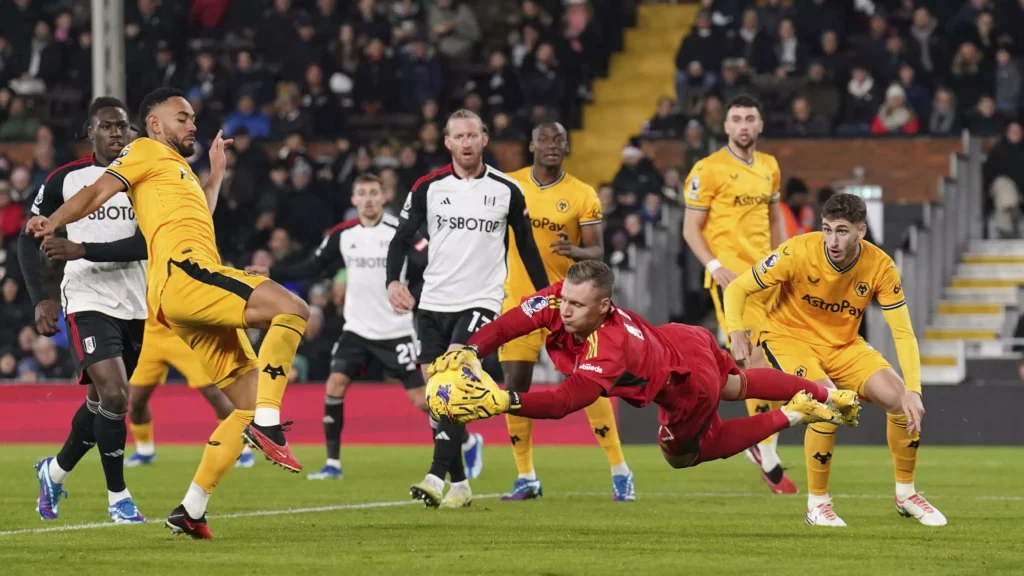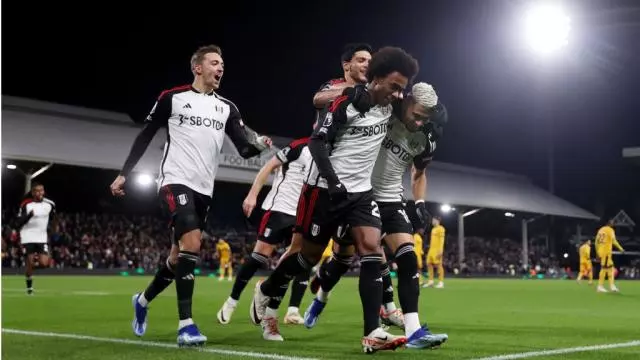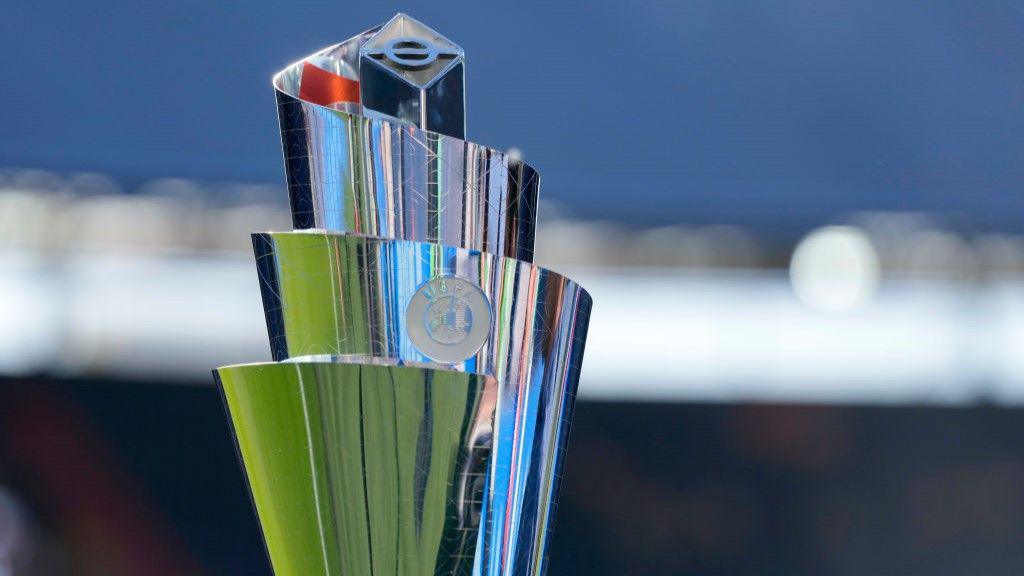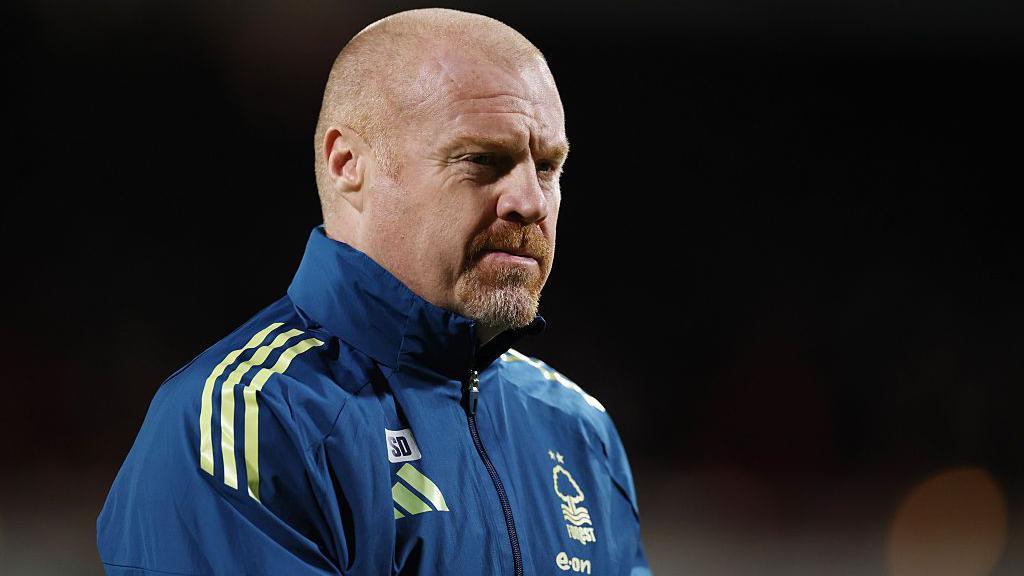
In a dramatic encounter between Fulham and Wolverhampton Wanderers, the Video Assistant Referee (VAR) system took center stage, influencing key moments and outcomes. Gary O’Neil, the Wolves manager, found himself in a familiar, frustrating scenario, questioning the effectiveness and decisions of VAR.
The Incident That Sparked Debate
As the match headed into added time, Fulham’s Harry Wilson went down in the box following a challenge from Wolves’ João Gomes. Though initially waved off by referee Michael Salisbury, VAR intervened, and a review led to the awarding of a penalty. This decision was critical, as Fulham’s Willian, who had already converted a penalty earlier, stepped up to score, securing a significant win for his side.
Fulham’s Struggle for Form
Leading up to the match, Fulham was enduring a tough run in the league, winless in their previous five games. This match was seen as an opportunity to turn their fortunes around. Despite an ongoing injury crisis that sidelined many of their senior players, Fulham showcased resilience and a hunger for victory.
The Highs and Lows of the Match
The contest was a rollercoaster for both teams, with Fulham displaying moments of brilliance in attack but also vulnerabilities in defense. They twice took the lead, only to be pegged back by a determined Wolves side. Hwang Hee- chan, particularly impressive for Wolves, scored a penalty to make it 2-2, adding to the tension.
Gary O’Neil’s Point of View
Post-match, O’Neil expressed his frustration with the refereeing. He was particularly aggrieved with the first penalty awarded to Fulham and felt that a second yellow card should have been shown to Tim Ream. He also questioned the decision not to send off Carlos Vinícius for an alleged head-butt on Max Kilman. O’Neil’s grievances highlighted a season where Wolves have frequently found themselves on the wrong end of VAR decisions.
Fulham’s Tactical Adaptation
Fulham’s manager Marco Silva made a notable tactical change for this match. In the absence of João Palhinha, Tom Cairney was brought into the midfield, adding creativity and control. This adjustment paid dividends as Fulham showed more dynamism in their play.

Wolves’ Defensive Woes
Missing Craig Dawson, Wolves’ defense struggled to contain Fulham’s attacking movements. The absence of a key defender was felt as Fulham created numerous scoring opportunities, putting pressure on the Wolves backline.
Key Moments of the Match
- Fulham’s opening goal came from a well-executed play, with Antonee Robinson and Iwobi combining to break the deadlock.
- Wolves responded with an equalizer from Matheus Cunha, showcasing their ability to bounce back.
- The second half saw Fulham regain the lead through Willian’s penalty, following a controversial decision.
- Wolves, undeterred, leveled the score again, setting up a nervy finish.
The Decisive Penalty
In the game’s dying moments, Wilson’s fall in the box led to the penalty that decided the match. While Fulham celebrated, Wolves were left to rue what might have been, feeling hard done by the decisions on the field.
The Bigger Picture
The match’s outcome had significant implications for both teams. Fulham moved clear of the relegation zone, gaining much-needed points. For Wolves, it was another instance of points lost in controversial circumstances, adding to their season’s challenges.
In Conclusion
The Fulham-Wolves clash will be remembered for its thrilling football, controversial VAR decisions, and the impact it had on both teams’ seasons. For O’Neil and Wolves, it was a reminder of the often unpredictable nature of football, where decisions can sway fortunes in moments. For Fulham, it was a much-needed victory, achieved amidst adversity and controversy, adding another chapter to their challenging season.





















